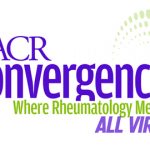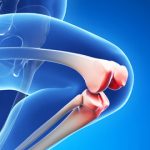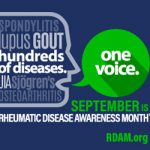ACR Convergence 2020—At two plenary sessions, speakers highlighted key findings, including results on the QTc interval in patients on hydroxychloroquine, and data from a study on denosumab vs. alendronate for glucocorticoid-induced osteoporosis. The QTc Interval & Hydroxychloroquine The safety profile and optimal dosing of hydroxychloroquine has been a topic for decades because it is known…








